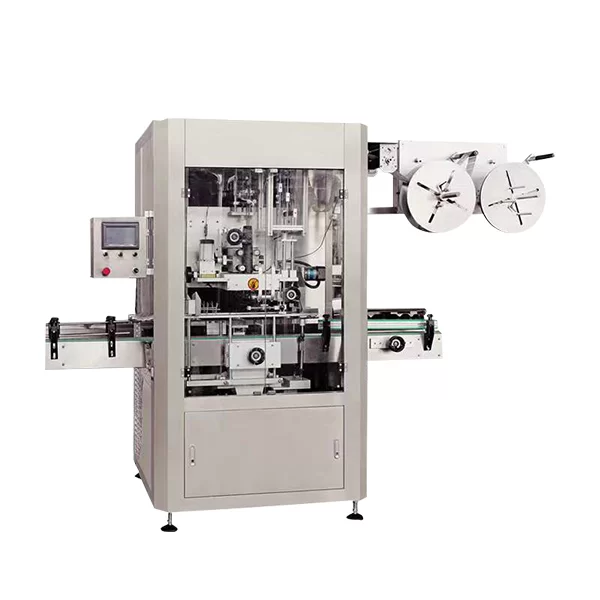When it comes to construction and masonry work, the choice between cement and mortar plays a crucial role. Many people often confuse these two terms, but they serve different purposes and have distinct properties. In this blog post, we will delve into the differences between cement and mortar, their specific applications, and provide insights to help you make an informed decision.
- Understanding Cement:
Cement is a binding agent that is primarily used to create a strong and durable base for various construction projects. It is made by combining limestone, clay, and other minerals, which are then finely ground and heated to high temperatures. Cement is available in different types, such as Portland cement, rapid-hardening cement, and sulfate-resistant cement, each with its unique characteristics.
- Portland Cement: This type of cement is the most commonly used and is suitable for general construction purposes. It provides excellent strength and durability, making it ideal for foundations, walls, and pavements.
- Rapid-Hardening Cement: As the name suggests, this cement sets and hardens quickly, allowing for faster construction. It is commonly used in situations where time is of the essence, such as road repairs or emergency repairs.
- Sulfate-Resistant Cement: This type of cement is specifically designed to resist the damaging effects of sulfates present in soil or water. It is commonly used in areas with high sulfate content, such as coastal regions.
- Exploring Mortar:
Mortar, on the other hand, is a mixture of cement, sand, and water. It serves as a bonding agent between bricks, stones, or other building materials. Mortar is available in different types, each tailored for specific applications.
- Type N Mortar: This mortar is commonly used for general masonry work and is suitable for both interior and exterior applications. It provides a good balance of strength and flexibility, making it ideal for bricklaying and repointing.
- Type S Mortar: With higher compressive strength than Type N, Type S mortar is commonly used in situations where additional strength is required. It is suitable for load-bearing walls, retaining walls, and other structural applications.
- Type M Mortar: This mortar has the highest compressive strength and is used in heavy-duty applications, such as foundations or areas subject to high pressure or severe weather conditions.
- Choosing the Right Material:
Now that we understand the differences between cement and mortar, it is essential to consider the specific requirements of your project before making a decision.
- If you need to create a strong base or foundation, cement is the primary choice. It provides the necessary strength and durability to support the structure.
- For bonding bricks, stones, or other building materials, mortar is the ideal choice. Select the appropriate type based on the specific application and required strength.
Conclusion:
In summary, cement and mortar are essential components in construction and masonry work. Cement acts as a binding agent, while mortar serves as a bonding agent. Understanding their differences and specific applications is crucial for making informed decisions. By choosing the right material, you can ensure the longevity and stability of your construction projects.

